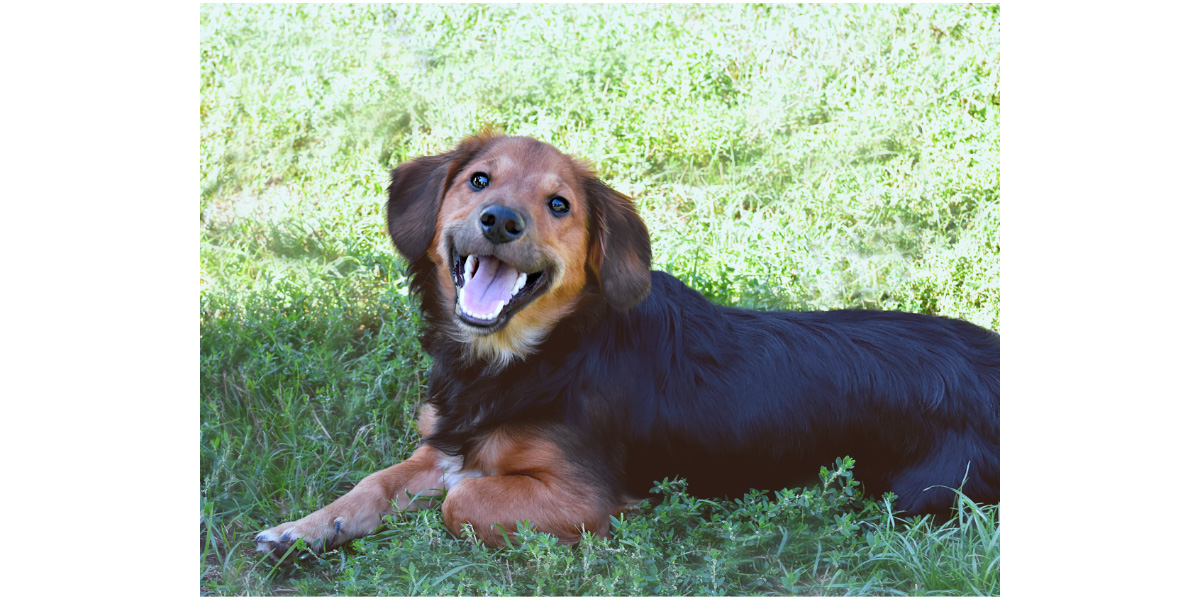Dental Care Guide for Dogs
Doctor of Veterinary Medicine

While efforts are made to answer all questions as quickly as possible, if an immediate answer is required or if your pet is in need of urgent or emergency care, contact your pet's veterinarian immediately.
Doctor of Veterinary Medicine

You will receive an answer from Dr. Lindsay and our vet/tech team as soon as possible, usually the same day.
All answers are provided for informational or educational purposes only, and are intended to be a supplement to, and not a substitute for, the expertise and professional judgment of your pet's veterinarian.
It may be necessary to consult your pet's veterinarian regarding the applicability of any opinions or recommendations with respect to your pet's symptoms or medical condition.
CloseDoctor of Veterinary Medicine

An error has occurred, please reload the page and try again.
CloseWhile efforts are made to answer all questions as quickly as possible, if an immediate answer is required or if your pet is in need of urgent or emergency care, contact your pet's veterinarian immediately.
There is no answer related to your question

Dental care for your dog isn't just about pretty teeth. It also has an effect on his or her kidneys and the heart, which is why a regular dental care routine for your dog is important. With routine toothbrushing, dental cleanings, and overall care, you can help add years to your dog's life. A toothpaste specially formulated for dogs, dental chews and treats, water additives, and oral rinses are some of the products recommended for maintaining your dog's dental health. Follow these steps to prevent your dog from having tartar and plaque buildup, periodontal disease, and/or bad breath.
Practice regular toothbrushing with your dog
- Start with enzymatic toothpaste such as C.E.T. Enzymatic Toothpaste. Toothpaste formulated for human use should never be used on pets as it can make your pet ill.
- Brush your dog's teeth with a finger brush like the Petrodex Finger Toothbrush or a dual-sided toothbrush. Note: Finger brushes are usually better to start with; however, some dogs don't mind other toothbrushes.
- Put a small amount of the toothpaste onto the brush and rub over the teeth, front and back and side to side.
- After you've brushed all of the teeth, give a small dental treat to your dog to signal a job well done and to get some of the toothpaste off of the teeth.
Kill bad breath-causing bacteria
It's no secret bacteria lives inside your dog's mouth, but did you know it can also be found in your dog's water bowl? Dental care products such as water additives can help whiten your dog's teeth, and kill bacteria in your dog's bowl and mouth. Dental rinses can help freshen your dog's breath and fight plaque.
Monitor your dog's oral health
Periodically you should look into your dog's mouth to check for possible health concerns. Lift up the lips and inspect the gums and the teeth, in every angle that you can. Look for:
- Inflamed/red or bleeding gums
- Brown or yellow buildup on your dog's teeth
- Loose or missing teeth
Any of these, as well as unusually bad breath, can be a sign of serious dental problems, which you will want to address with your veterinarian.
In a full dental cleaning, your dog is anesthetized and then the teeth are scaled and polished, with any problems being taken care of during the cleaning.
 Swipe
Swipe

































